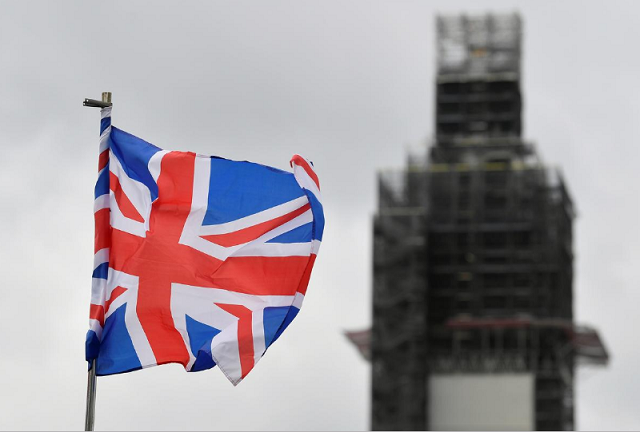Brexit may have 'gravest of consequences' for health: UK lawmaker
Britain’s looming exit from the EU carries real risks that medicines and healthcare supplies

A Union Jack flag flutters as Big Ben clock tower is seen behind at the Houses of Parliament in London. PHOTO: Reuters
While Prime Minister Boris Johnson’s government has taken some steps to manage the risks, the National Audit Office (NAO)said in a report, there is still significant work to be done.
Lawmaker Meg Hillier, who chairs parliament’s public accounts committee, said the report was “deeply concerning”.
The health ministry “still doesn’t know whether all stockpiles are in place”, she said, has no idea whether social care providers such as nursing homes for the sick and elderly are ready, and is not sure whether freight capacity needed for medical imports will be in place on time.
Split by Brexit, Labour kicks off conference showdown
“If (the) government gets this wrong, it could have the gravest of consequences,” Hillier said in a statement about the NAO report. She added that as head of the public accounts committee, she’d already seen “countless examples of deadlines missed and government failing”.
Johnson has vowed to take Britain out of the EU with or without a deal by Oct. 31 - increasing the chance of a sudden departure that will bring trade tariffs and customs checks with the continent for the first time in decades.
The risk is acute for health and social care services, as well as for the pharmaceutical industry, with 37 million packs of medicines imported into Britain from Europe every month.
The government’s own reasonable worst-case view is that the flow of goods across the channel Europe could be reduced to 40%-60% of normal levels on day one after Brexit.
The Department for Health & Social Care has asked medical suppliers to build up stockpiles of medicines and other essentials and has found extra warehouse capacity for them.
A six-week stockpile of equipment such as gloves, syringes and other medical supplies is 88% complete, the NAO said, but information on other stockpiles is “incomplete”.
The Department for Transport last week shortlisted eight companies that could bid to bring in drugs. The contracts would provide capacity equivalent to thousands of trucks per week.
UK Labour deputy leader says Brexit stance behind effort to oust him
But the audit report said the time was short and warned that not all that freight capacity might be available on Oct. 31.
The NAO report comes after drugmakers and public health experts have also issued serious warnings about disruption to healthcare and medical services if Britain crashes out of the EU.
On Wednesday, the minister in charge of no-deal planning Michael Gove told parliament: “We face undoubted challenges in leaving the European Union, but one area where the greatest amount of mitigation has been taking place is in making sure that we can continue to provide all our constituents and the National Health Service with the drugs and medical supplies they need to maintain good health.”



















COMMENTS
Comments are moderated and generally will be posted if they are on-topic and not abusive.
For more information, please see our Comments FAQ